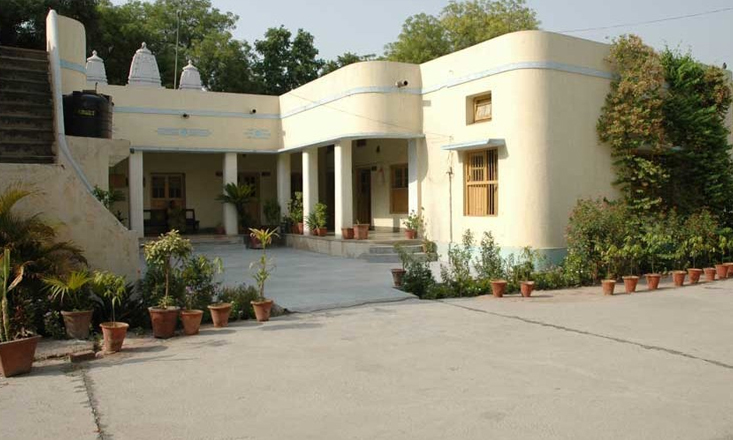
Harijan Sewak Sangh (HSS) is the parent body of Kasturba Balika Vidyalaya. It is the parent NGO of the school and is registered as a society under Societies Registration Act 1860. It was set up in 1932 by some senior national leaders under direct inspiration of Mahatma Gandhi. The main purpose of this non-profit organization was to remove untouchability from the society and work for the upliftment of harijans or scheduled castes including their social status, liberation from the custom of scavenging and education of their children. Shri G D Birla was the first President of HSS and stayed on this position from 1932 to 1959.
The office of the HSS is situated in the premises called Gandhi Ashram in Kings Way Camp in Delhi. Our record shows that Gandhiji stayed on this premises several times during his visits to Delhi. There is Kasturba Kutir on the premises where Gandhiji and Ba used to stay.
HSS has an all India presence and has active branches in 22 States and Union Territories. The State Boards run a large number of residential primary schools for poor children, mostly in the rural areas and are also engaged in a number of other charitable activities. In Delhi HSS runs a residential primary school for poor children, has a hostel for girl students of Delhi University which is mostly patronized by girls from the North- East, a charitable dispensary and other facilities for service to the community. It runs 14 residential primary schools in the country and two schools in Delhi, the primary school in Gandhi Ashram called Bapa Ashram and the girls senior secondary school, Kasturba Balika Vidyalaya in Ishwar Nagar on Mathura Road. Shri Sankar Kumar Sanyal is the current President of the Sangh. He is a prominent businessman and social worker from West Bengal. All members of the Board are reputed political and social persons including current and former members of Parliament, State Legislatures, current and former Ministers of the Government and reputed social workers. The State Boards have similar prominent persons as their office bearers and members. The financial affairs of the Sangh and its constituent parts are run by Government grants given for specific purposes, income generated from the facilities run from its campus and from donations from organizations, other trusts and individuals